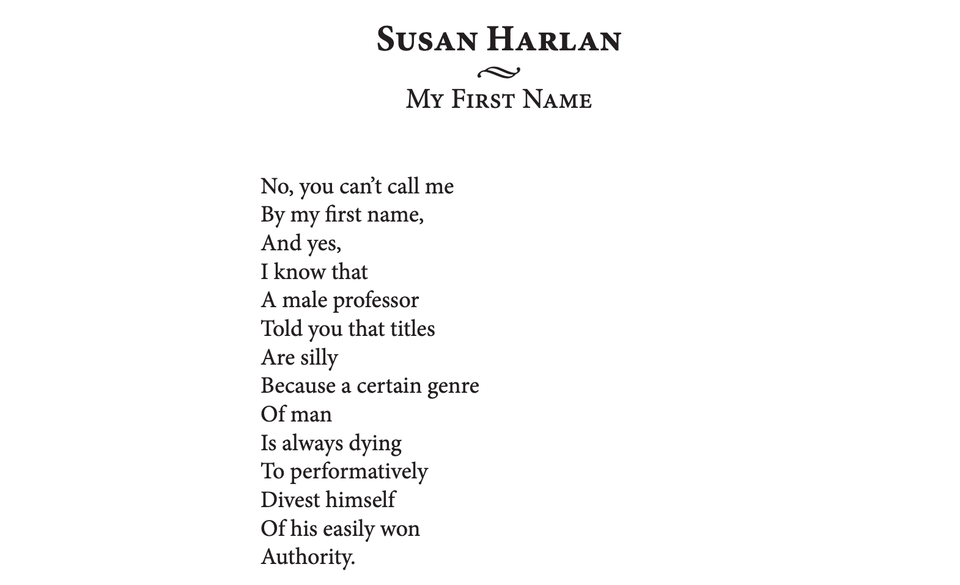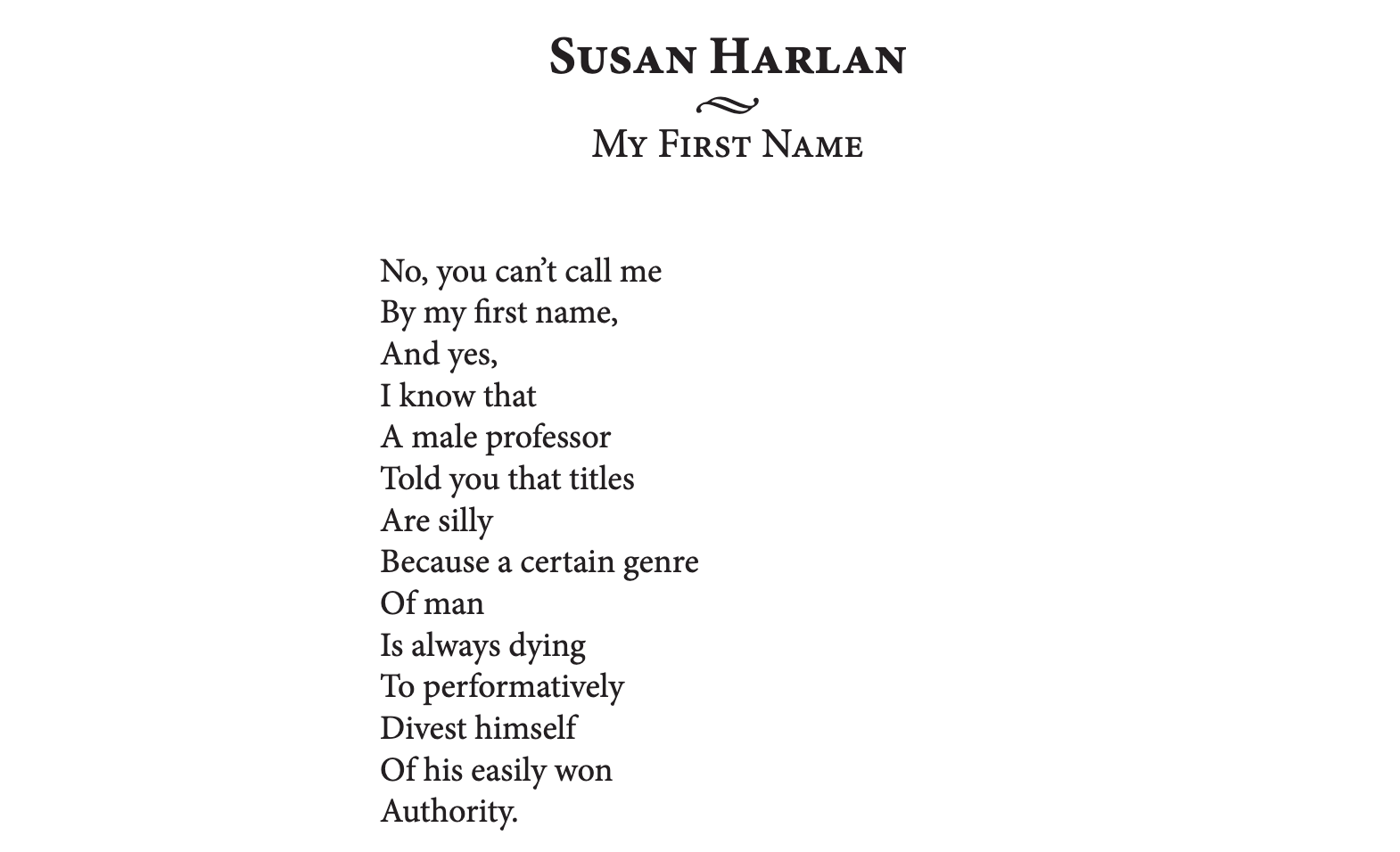On accepting and acknowledging your authority

I think one of the lessons that many new instructors learn the hard way is that you can't be buddies with your students. Because ultimately you're the person who hands out assignments, is in charge of the classroom, and assigns their grade. If they see you as their buddy, they won't respect your authority.
It reminds me of the time when I was teaching a non-majors Biology lab section when I was in grad school. One of the students in my section came up to me after class and offered me a case of (bad) beer to go lighter on grading his work. [Picture in your mind the stereotypical fratbro from a John Hughes movie, and yeah, that captures the scene.] That this guy even thought for a brief moment that this might possibly work for him was a sign that I wasn't building a useful relationship with the students in this class. This is a hard thing, I was a relatively new to being at the front of the classroom, and wasn't much older than the students, and I wasn't projecting confidence. I wasn't too keen on the curriculum handed to me to teach the course, and if I couldn't own the curriculum, than how I could I own the authority of being the instructor?
This failure to own your own authority can crop up at other career stages. When you start supervising research assistants, for example. And when you become a PI of your own laboratory, for sure. And also for people who long been faculty but then find themselves on the administrative side of things. Divesting yourself of your own authority (whether because you feel like you didn't really earn it because you simply ascended through the patriarchy or otherwise) harms the people who you have authority over. I'll just illustrate this with a few stories. I could use stories from my own failures, but you're probably getting tired of those. Well, maybe it's just me getting tired of that, so here are stories about other folks.
There once was a grad student who brought a few undergraduate research assistants to work for them in a rainforest field station. The project involved a lot of fieldwork, including expectations that the undergrads get enough experience to work independently in the forest. (I was there when this stuff was happening.). This grad student was only a couple years removed from being an undergrad themselves, and were intent on providing their assistants with a valuable experience and doing right by them. They all got along really well, and there was a good dynamic in the group. The problem was that the leader didn't lean into their role as head of the project. Instead, they started treating the students on the project as their equals. This was done in the spirit of supporting the professional development of the students and empowering them with the opportunity to do higher level work. It's possible for a group leader to work in a cohesive team side by side with their charges and promote their independence and growth, but this also has to include clear lines between employer and employee (or mentor/mentee, or advisor/advisee). Being clear that while you can get along really well, and that you might not even be older, but you're the responsible party and in this case, you're not peers.
Their buddy-buddy dynamic was strong enough that the students weren't responsive to the authority of the grad student leading them. They treated orders from their supervisor more like suggestions. The students weren't taking the authority of their leader seriously enough that they didn't do the experiments in the way that they were told to. Because their supervisor was their buddy and not their boss, they didn't take their instructions seriously enough, and it compromised the entire project. Even more problematic was that the undergrads didn't take the safety concerns of their leader as seriously as they needed to. Which can turn ugly real fast in a rainforest. Thankfully no permanent harm came to anybody. (Meanwhile, I've also been that supervisor in the same rainforest who had students who did unsafe things and didn't respect my authority. But that's not because I divested myself of my authority to be their buddy. I screwed up in other ways!)
Next story. There once was an PI running a research laboratory at a prestigious university. In over his head, he didn't respect the boundaries of what it means to be the guy in charge. He chose to sexually harass his own student, doing all kinds of creepy stuff. He thought that his own desires took precedence over the necessity of being responsible in his position of authority. If you believe what he said (not that we necessarily should), he didn't understand how to occupy his own authority and thought that his own personal desires took precedence over the need to act like the person in charge. (He is no longer in a position to supervise graduate students.) Sexual harassment is an abuse of power. When people in power try to convince themselves or other people that they don't have power over others, extremely bad stuff can happen.
Last story, and nothing horrible happens. I once knew a professor who became an administrator. A great guy. He accepted and understood his position of authority. But he had difficulty with acknowledging it among the people who reported to him. He emphasized that he wasn't better than anybody else, that he didn't do anything exceptional to wind up in this role. "I'm just some guy," he said. I imagine the intention is to make one's underlings more comfortable and let them know that hte power wasn't getting to his head. But the effect was markedly the opposite, in which people thought he wasn't taking the weight of his responsibilities enough. After all, if any ol' guy could become your boss, what does that say about the value of your job? This happened many years before the Susan Harlan poem was published, and when I read it, I thought of this episode in my former life.

The adverse outcome in this circumstance is simply that the people worked for him didn't take him that seriously. In the long run, that's not a plan for success for anybody. If you have power over people – in a classroom, a research lab, or anywhere else – you'll have stronger relationships with them if you have the humility to acknowledge your authority rather than downplay it. Being humble isn't so much about self-deprecation as it is avoiding arrogance and an increased estimation of one's worth. You can occupy a position of authority with humility by working to earn their respect of others, working every day to live up to the responsibilities to which you've been entrusted.
This post came to me because a student of mine is about to teach lab sections for the first time. Like me when I was in this situation (way back in, uhhhh, 1994), they're excited and intimidated and want to do right by the students. I didn't have much advice, but one thing I said was to own your authority. This isn't about marching around giving orders all the time, it's simply about not pretending that you're something less than in charge. Oddly enough, that's what you need to do to empower the people working with you.
Member discussion